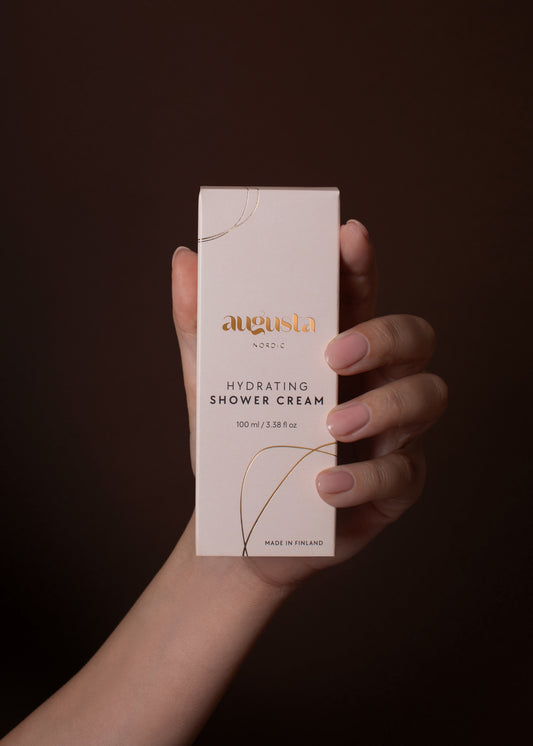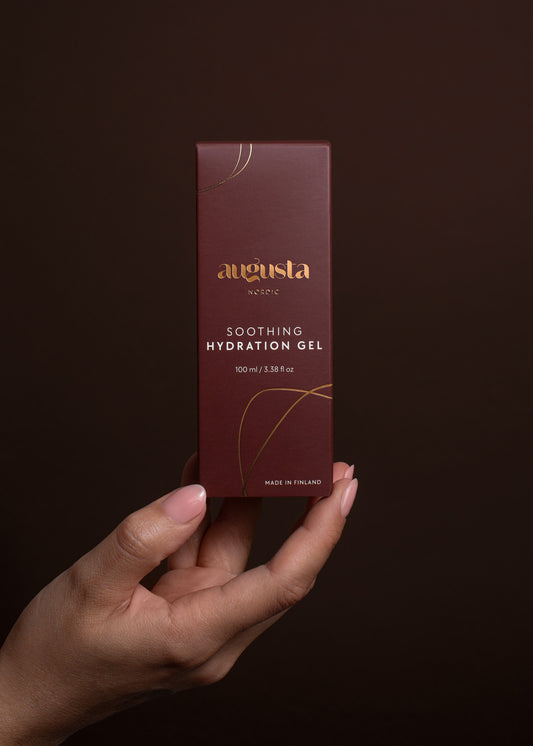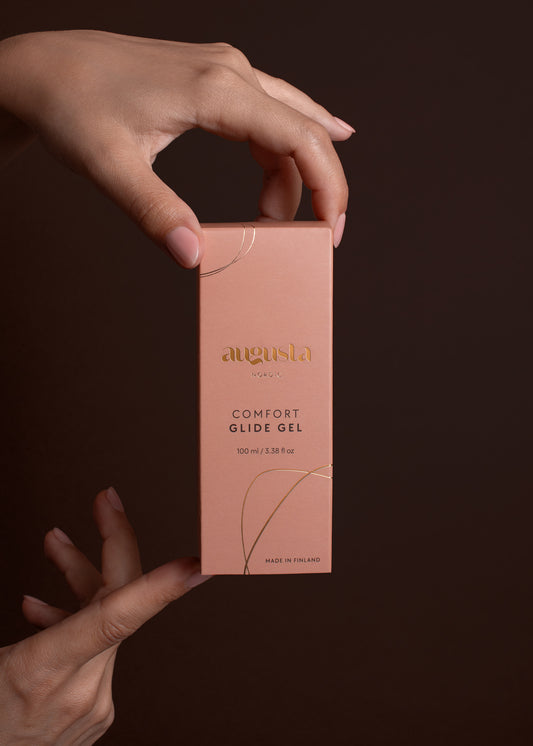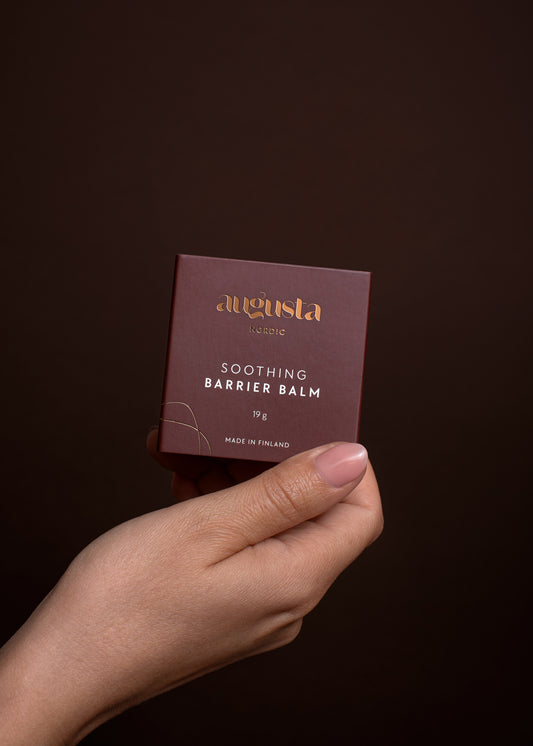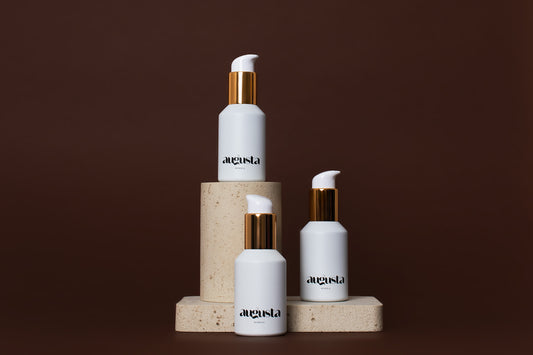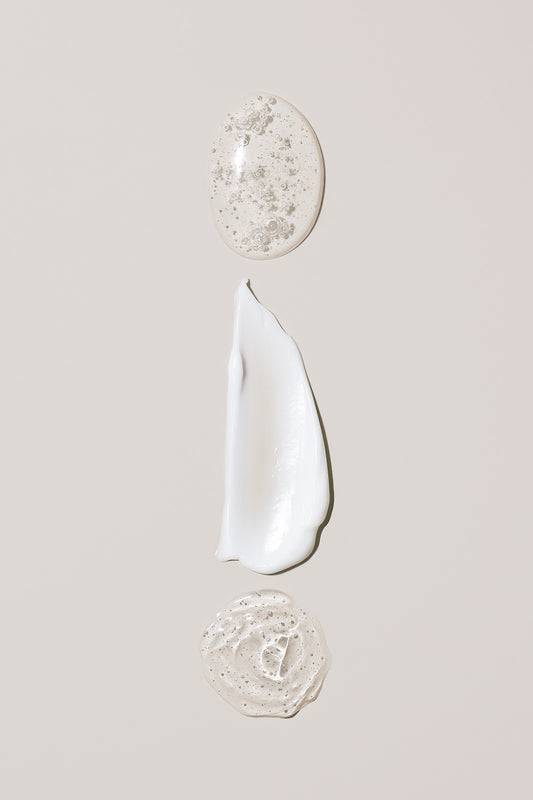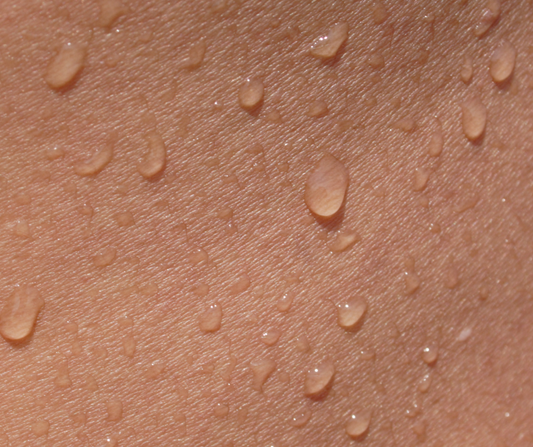Menopause doesn’t mark the end of sexuality. It can be a powerful new beginning. Many people in their 40s and 50s notice subtle changes in their sexual experiences: desire might fluctuate, the body may not respond exactly like it did at 25, and the intimate area might feel drier or more sensitive. This is all natural, and nothing to be ashamed of.
Hormones and libido - what’s really going on?
During perimenopause and menopause, estrogen and testosterone levels begin to decline. This can affect vaginal moisture, arousal time, and libido. But not everyone experiences these changes the same way - in fact, some women report an increase in desire. Why? Life changes; more time for yourself, more confidence, and deeper self-awareness can all contribute.
Estrogen: The Connector
Estrogen helps maintain vaginal blood flow, lubrication, pH balance, and general genital sensitivity. As estrogen levels fall during perimenopause and menopause, many experience reduced lubrication, mild discomfort, and diminished arousal.
Testosterone: More Than a “Male Hormone”
Women produce testosterone via the ovaries, adrenal glands, and peripheral tissues. Though levels decline with age; from a peak in your 20s to about one-quarter by menopause, they still play a major role in sexual drive, energy, muscle mass, mood, and brain function. Clinically, testosterone supplementation has been shown to improve desire, arousal, orgasm, and sexual pleasure in postmenopausal women, especially for those with hypoactive sexual desire disorder (HSDD).
Estrogen-Testosterone Interplay
As estrogen drops, so does sex hormone‑binding globulin (SHBG), the protein that binds both estrogen and testosterone in the blood. Reduced SHBG means higher free testosterone levels but this rise is usually temporary and modest. This slight increase in bioavailable testosterone can partially counteract estrogen’s drop but since both hormones fall overall, many women still experience lower libido, and some benefit from balanced HRT that includes both estrogen and low‑dose testosterone.
What the Research Shows
- A 2019 clinical trial with nearly 8,500 postmenopausal women found that testosterone markedly boosted sexual function, including desire, pleasure, arousal, and orgasm.
- A meta-analysis of over 5,000 postmenopausal women confirmed that testosterone improves multiple sexual function domains but generally only at supraphysiological doses, which carry masculinizing risks.
- Many women report added benefits such as increased energy, sharper thinking, and reduced anxiety or “brain fog”.
- Risks & Caution: While short-term testosterone use appears safe, long-term effects are less clear. Possible side effects at higher doses include acne, unwanted hair growth, voice deepening, or changes in cholesterol levels. That’s why moderation and medical supervision are essential.
Sex is not a performance - it's connection
Sexuality doesn't have to follow the same script forever. Menopause offers a chance to explore your body and pleasure in a slower, more mindful way. With less stress and more self-acceptance, intimacy can become more authentic and emotionally fulfilling. It’s not just about physical sensation – it’s about presence, closeness, and connection.
Dryness isn’t the end - it’s a signal for care
One of the most common menopause symptoms is vaginal dryness, which can cause irritation or discomfort during sex. But that doesn’t mean you have to suffer. There are hormone-free, skin-friendly products that restore comfort and pleasure. Think water-based lubricants, hydrating gels, and barrier balms that support the skin’s natural function. Augusta Nordic’s intimate care range is made for just that - to support the skin and enhance comfort through every stage of hormonal change.
Sexuality doesn’t disappear - it evolves
Your sexuality doesn’t end with menopause. It changes, matures, and takes on new meanings. Pleasure may look different than it once did, but it’s just as important. Whether it’s solo touch, intimacy with a partner, or simply reconnecting with your body - sexuality is about joy, not rules. Listen to your body. Speak your truth. Choose softness.
Menopause is an invitation to ask: What do I need right now? What brings me comfort, connection, and pleasure? Talking openly about sexuality helps normalize the conversation and opens the door to better solutions. Sexual well-being is a right, not a luxury.
